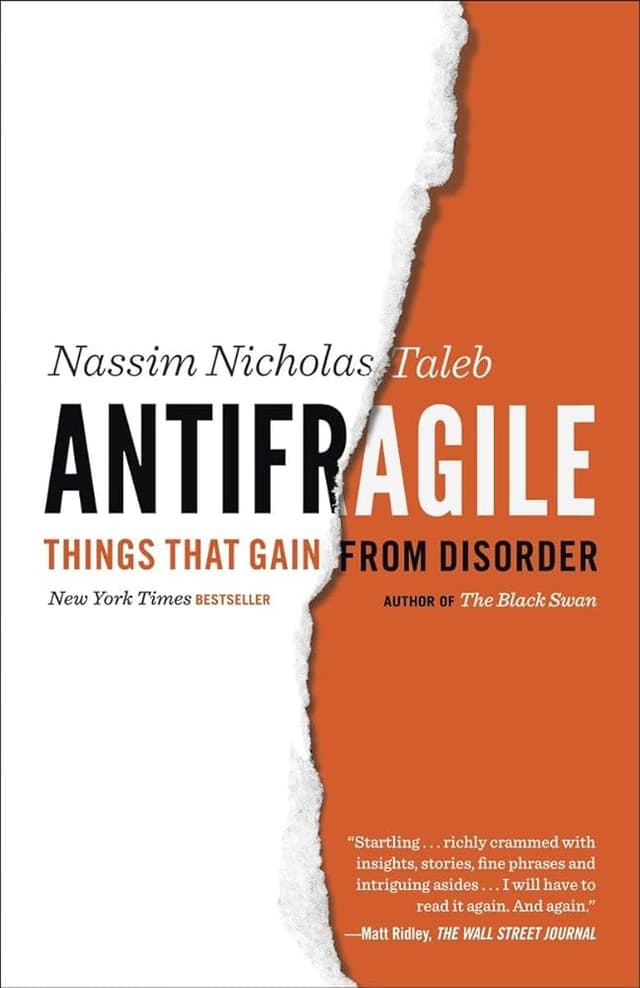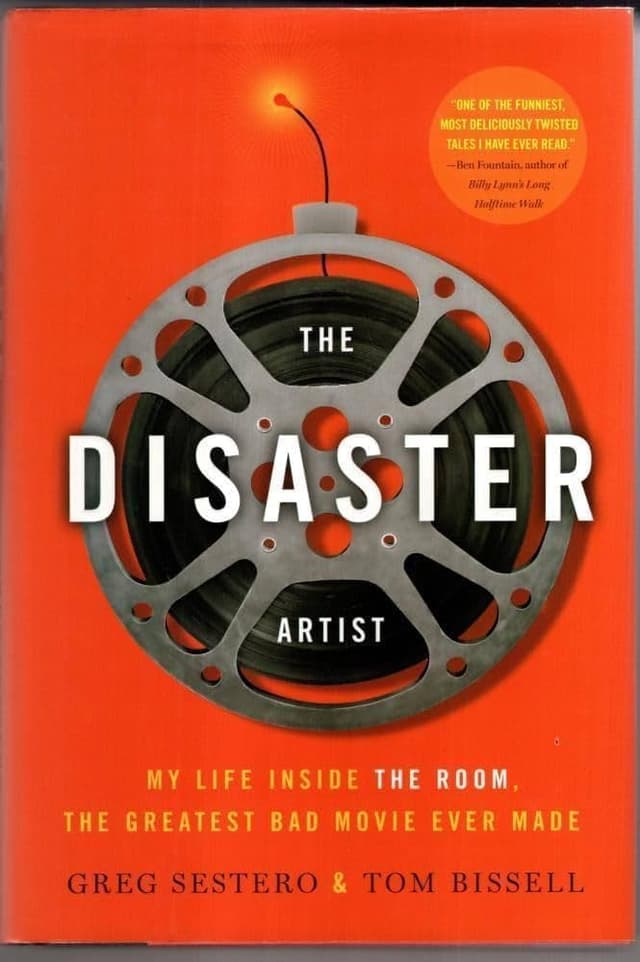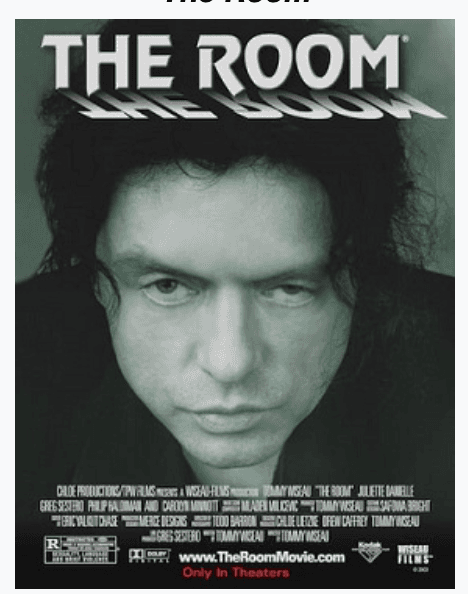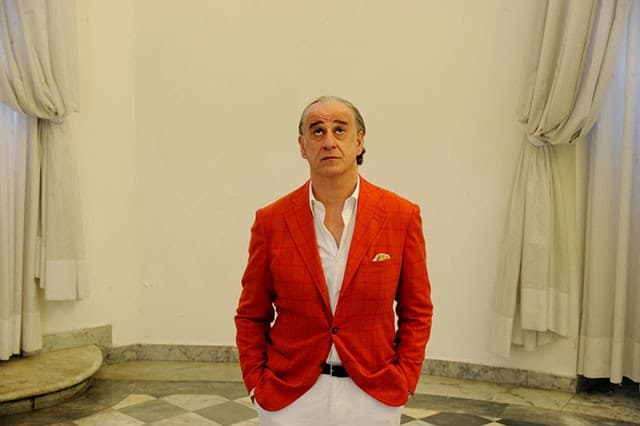Antifragile: Things That Gain from Disorder vs. The Disaster Artist
Antifragile: Things That Gain from Disorder
"Antifragile: Things That Gain from Disorder" by Nassim Nicholas Taleb is a groundbreaking exploration of systems and entities that thrive and grow stronger in the face of stress, volatility, and chaos. Taleb introduces the concept of "antifragility," which goes beyond resilience or robustness. Through a mix of philosophy, practical wisdom, and real-world examples, Taleb illustrates how embracing uncertainty and leveraging disorder can lead to success and innovation. This book is essential for anyone interested in risk management, personal development, and understanding how to benefit from uncertainty and change.
The Disaster Artist
The best book about the best director in the world. It was such a great book it was adapted into a movie. Bet the other books on this list can't say that!

Reviews
Reviewed on 2/29/2024
I remember reading Antifragile when it first came out and it made a huge impression. It changed the way I think in plenty of subtle ways. I've been rereading Nassim Nicholas Taleb recently, starting with Black Swan. I really want to reread Antifragile this year too.
Reviews
| Item | Votes | Upvote |
|---|---|---|
| Innovative and original concepts | 1 | |
| Practical applications across various fields | 1 | |
| Engaging and thought-provoking narrative | 1 |
| Item | Votes | Upvote |
|---|---|---|
| Taleb's writing style can be polarizing | 1 |
| Item | Votes | Upvote |
|---|---|---|
| Entertaining | 1 | |
| Easy read | 1 | |
| Learn about Tommy Wiseau - the greatest movie director | 1 |
| Item | Votes | Upvote |
|---|---|---|
| No cons yet, would you like to add one? | ||
Frequently Asked Questions
Antifragile by Nassim Nicholas Taleb is currently ranked higher than The Disaster Artist. Antifragile has a perfect score of 5 and has been described as life-changing by its readers. In contrast, The Disaster Artist, while entertaining and an easy read, holds a score of 2 and focuses on the unique story of Tommy Wiseau. If you are looking for a thought-provoking and influential read, Antifragile might be the better choice, whereas The Disaster Artist is great if you want an entertaining and light-hearted story.
The Disaster Artist is generally considered more entertaining due to its humorous and engaging storytelling about the making of one of the most infamous films ever made. It received user-generated pros highlighting its entertainment value and ease of reading. Antifragile, on the other hand, is a deeply philosophical and thought-provoking book that may not be as entertaining but offers profound insights.
'Antifragile: Things That Gain from Disorder' by Nassim Nicholas Taleb is a groundbreaking exploration of systems and entities that thrive and grow stronger in the face of stress, volatility, and chaos. Taleb introduces the concept of 'antifragility,' which goes beyond resilience or robustness. Through a mix of philosophy, practical wisdom, and real-world examples, Taleb illustrates how embracing uncertainty and leveraging disorder can lead to success and innovation. This book is essential for anyone interested in risk management, personal development, and understanding how to benefit from uncertainty and change.
Pros of 'Antifragile: Things That Gain from Disorder' include its innovative and original concepts, practical applications across various fields, and an engaging and thought-provoking narrative. However, a con noted by some readers is that Taleb's writing style can be polarizing.
Nassim Nicholas Taleb is a renowned scholar, statistician, and former trader known for his work on probability, uncertainty, and risk management. He is the author of several influential books, including 'The Black Swan,' 'Fooled by Randomness,' and 'Antifragile.' Taleb's work often focuses on the limits of knowledge and the impact of rare, unpredictable events.
'The Disaster Artist' is a book that delves into the making of the cult classic film 'The Room,' directed by Tommy Wiseau. It provides an inside look at the film's production and offers insights into Wiseau's enigmatic personality.
Pros of 'The Disaster Artist' include its entertaining narrative, easy readability, and the opportunity to learn about Tommy Wiseau, who is considered by some as one of the greatest movie directors. No cons have been listed by users at this time.
'The Disaster Artist' was adapted into a movie due to its compelling story and the cult status of 'The Room.' The book's popularity and its detailed account of the film's production made it a strong candidate for a cinematic adaptation.




















